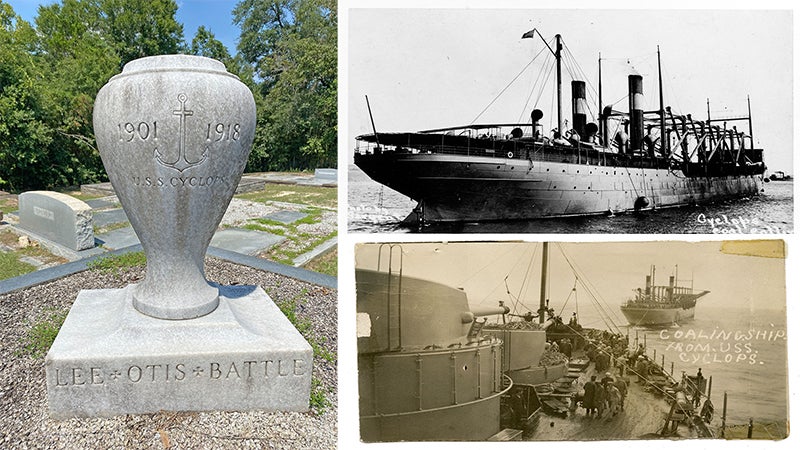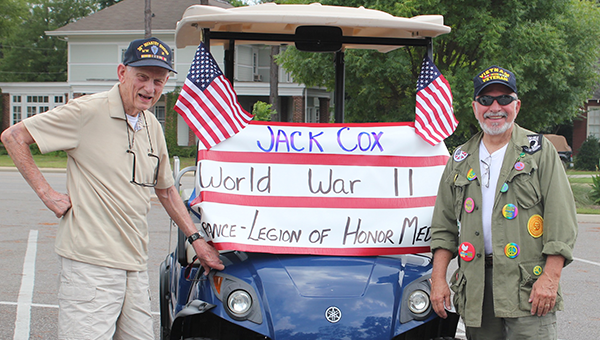Football made him feel at home
Published 12:00 am Saturday, June 22, 2013
When Khaled Hosseini, the now-famous author, came to the United States, his family was penniless and spoke virtually no English.
As he struggled to find his way in school, it was through football that he found a connection with Americans.
“Within a year after we came here, the 49ers went to the Super Bowl,” he said of his family’s early years in California. “It united us and our neighbors. We loved the communal field sports can bring.”
Hosseini’s tour for his most recent book, And the Mountains Echoed, brought him to Alabama this past week. I found myself among the 700 or so listening to him speak in Birmingham.
The Afghan native grew up the son of a diplomat, enjoying a rich social life in his native country.
“I could never think of myself except as part of my bigger family,” he said. “Family was very important. There were always people dropping in.”
Even today, he said, he cannot bring himself to leave California because his mother and siblings are there.
“I need to see them all the time,” he said. “It’s the way I was raised.”
In 1976, his father the diplomat was sent to France. But after Afghanistan’s war began with the Soviet Union, they could not go home.
Instead, the family gained diplomatic immunity in the United States, and landed in California in 1980. Penniless, as he said.
Still, he managed to complete his education and become a doctor. His first book, The Kite Runne,r was published in 2003. Its success, as well as the success of his other books, has allowed him to leave the medical profession, to work with the United Nations, and to start a foundation dedicated to helping refugees.
Two of this three books, he said, began with images.
Before he wrote Kite Runner, he carried with him the image of two boys flying kites. From that image, he got to know the characters and eventually put their story onto the pages of a book that has sold 35 million books.
Similarly, it was the image of a man walking across the desert, pulling a wagon with a little girl, and three paces behind, a little boy, from which his latest book grew. By the time he has finished a book, he said, “they are real people in my head.” Any emotion his readers feel, he has already felt strongly.
A common theme in his books is how one event, large or small, can change affect the lives of others for generations. It is there, too, in his latest book, a gentle reminder that almost every single thing we do in some way affects the life of another.



